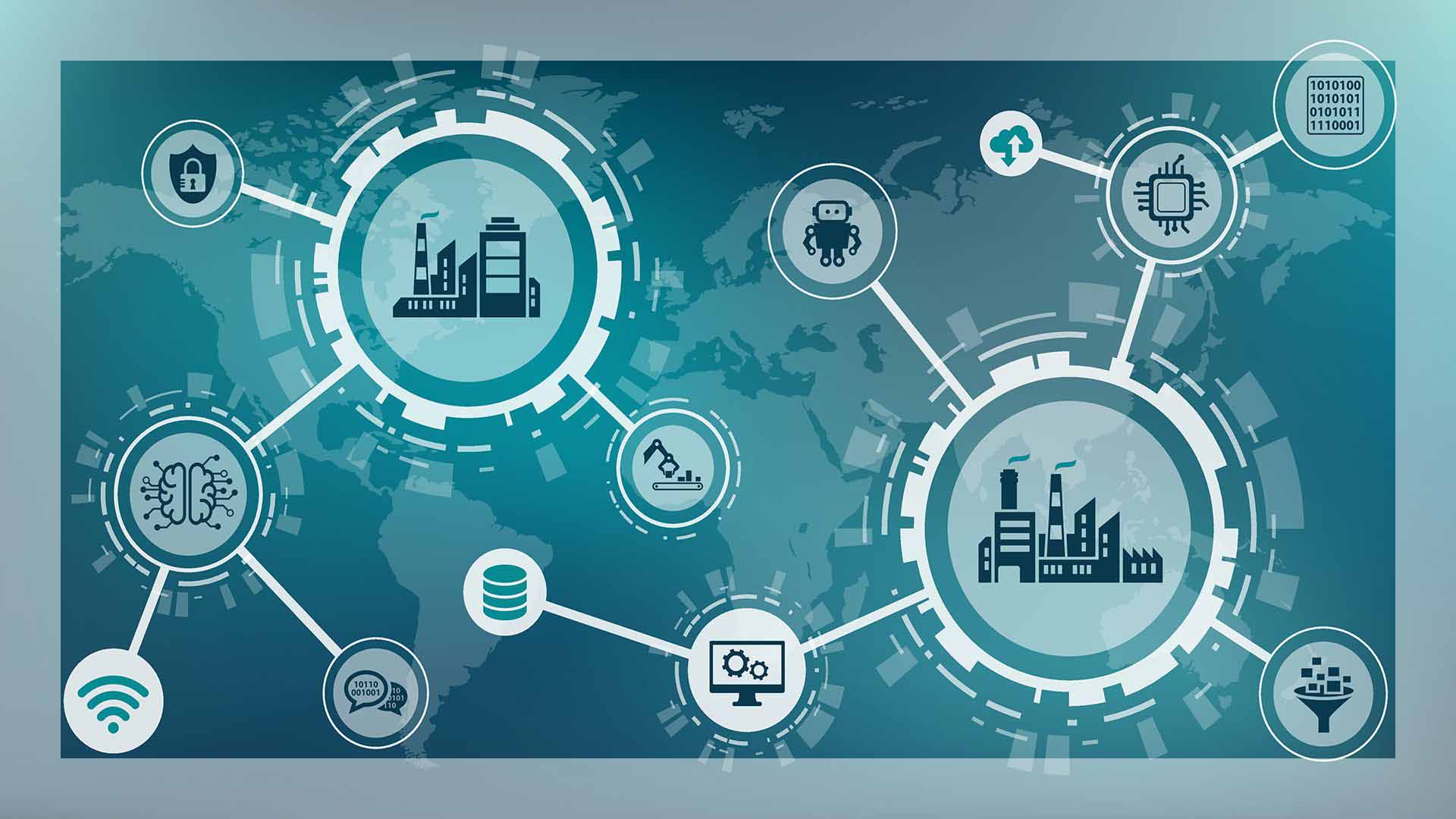
The Internet of Things, or IoT, refers to the billions of digital devices, machines, objects, animals or people provided with unique identifiers around the world that are now connected to the internet, all collecting and sharing data over a network without requiring human-to-human or human-to-computer interaction.

The industrial internet of things (IIoT) refers to the extension and use of the internet of things (IoT) in industrial sectors and applications. The IIoT consists of internet-connected machinery and the advanced analytics platforms that process the data they produce. With a strong focus on machine-to-machine (M2M) communication, big data, and machine learning, the IIoT enables industries and enterprises to have better efficiency and reliability in their operations. The IIoT encircles industrial applications, including tiny environmental sensors to complex industrial robots, and software-defined production processes.
Increasingly, organizations in a variety of industries are using IoT to operate more efficiently, better understand customers to deliver enhanced customer service, improve decision-making and increase the value of the business.

Industry 4.0 is the new phase of the industrial revolution which focuses primarily on machine learning, fuelled by real-time data monitoring and processing, interconnectivity between machines and computers in the autonomous systems.
In the manufacturing sector, optimization is the key to survival and success. The power of Industry 4.0 is evolving at a rapid pace and technological advancements are the backbone of this evolution. Key technologies such as Artificial Intelligence, Machine Learning, Automation and Industrial Internet of Things (IIOT) are essential. With new technological advances, many companies are assessing how to take advantage of the Internet of Things (IoT) to build smarter operations that allow for higher productivity and output.
Asset Efficiency |
|
Improved Quality |
|
Reduced Cost |
|
Worker Safety |
|
Environmental Sustainability |
|
Agility of Production |

It is not something that can be implemented in a production process directly. It is a combination of various technologies and solutions. Its practices allow production companies to harness the power of data and enhance overall production efficiencies. At the heart of smart manufacturing are industrial internet of things (IIoT) technologies, which is one of the biggest enablers of Industry 4.0.
Technological advancements in the manufacturing industry have evolved substantially in recent years. Smart manufacturing is the most current, highly beneficial result of these advancements. Smart manufacturing can accurately predict requirements, identify errors, as well as make innovation and the manufacturing process more manageable. Some of the prominent technologies and solutions which help in optimizing the entire manufacturing process and thus increase overall profits.